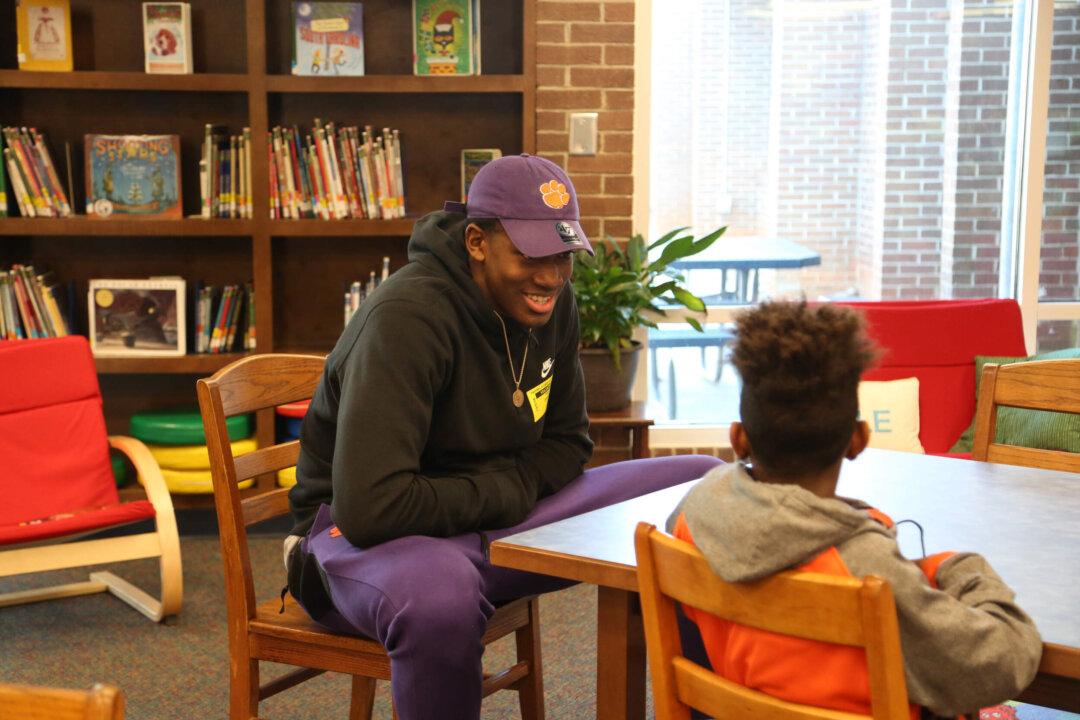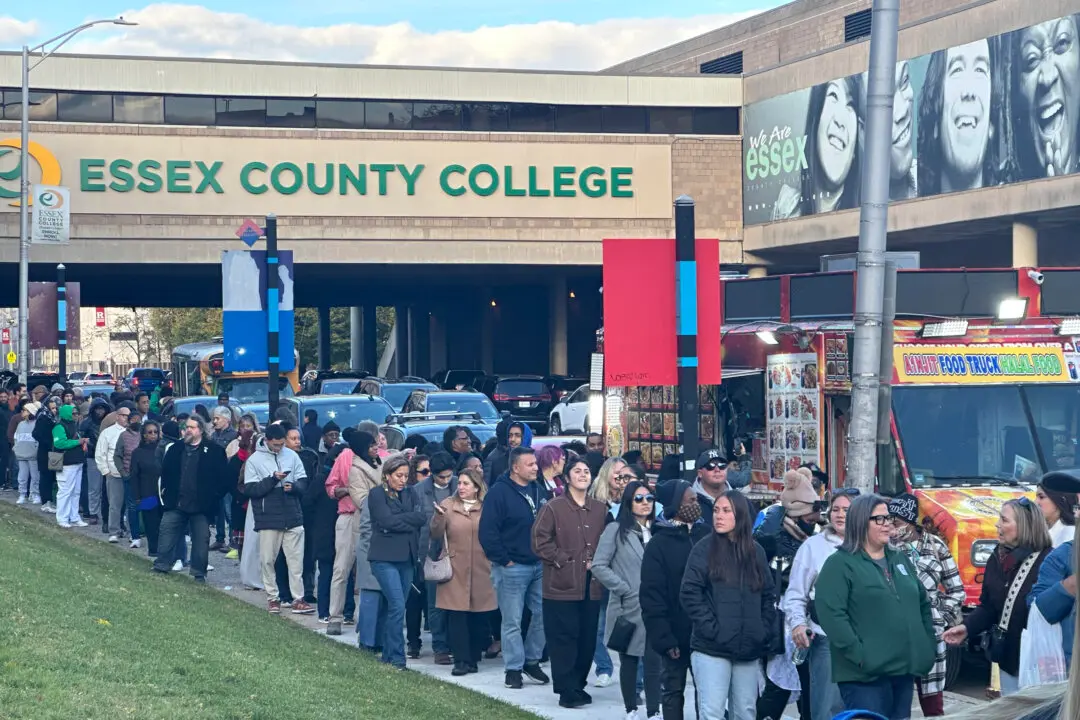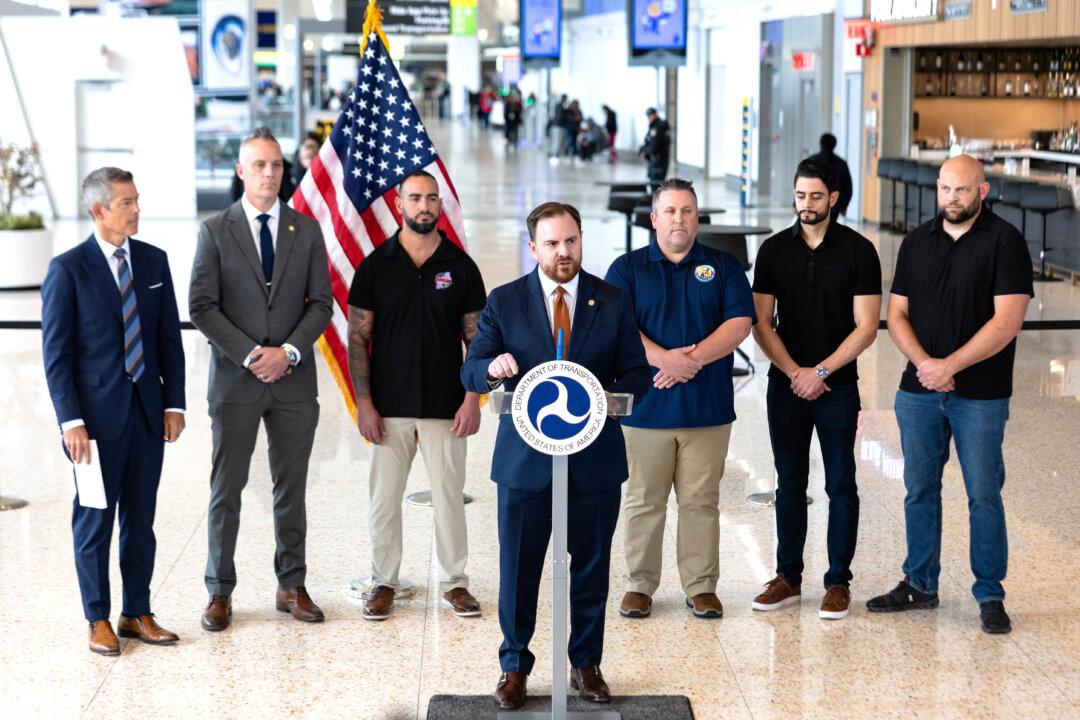COVID-19 has greatly curtailed the volunteer efforts of Clemson University student athletes in South Carolina, but the global pandemic didn’t stop them from connecting with the surrounding community remotely in new ways, according to a director with the university’s athletic department.
Prior to the pandemic, student athletes like basketball player Trey Jemison met with children in person at Ravenel Elementary School once or twice a week for 20 minutes as part of the Paw Pals mentorship program. Activities included tutoring, exercising, eating lunch together, or just talking, but the program has since been postponed.






